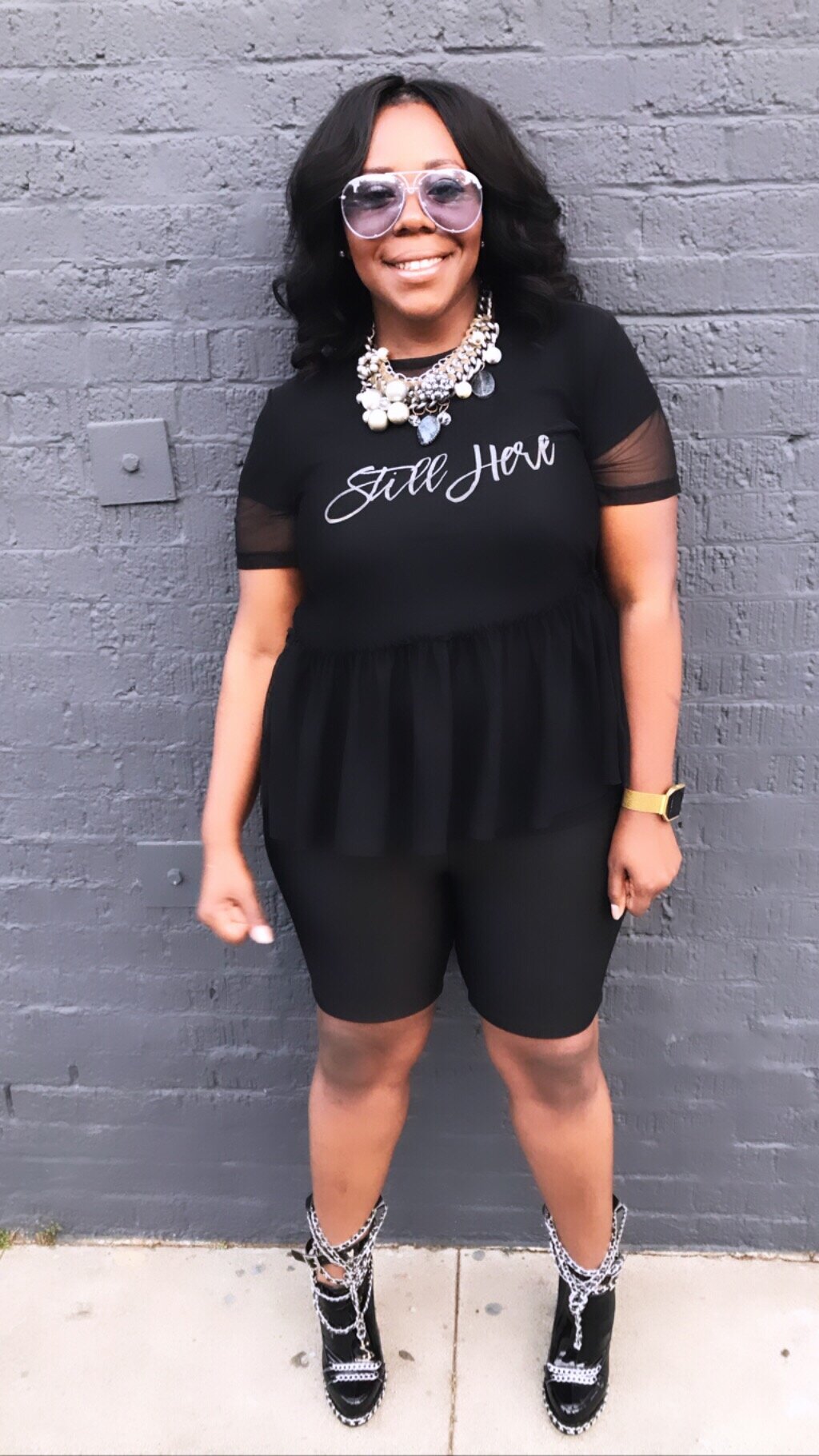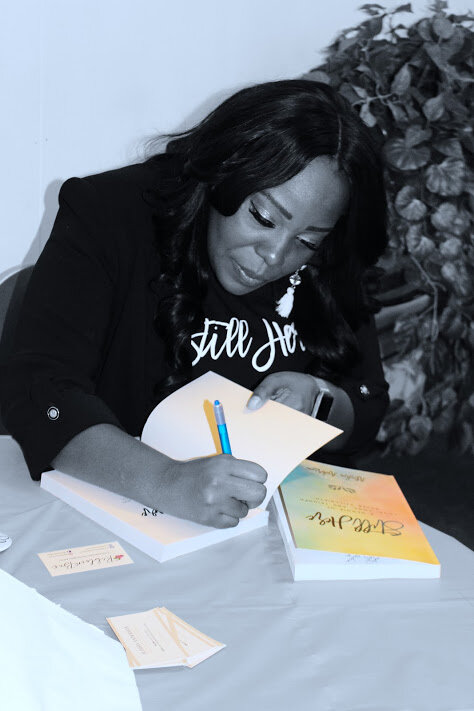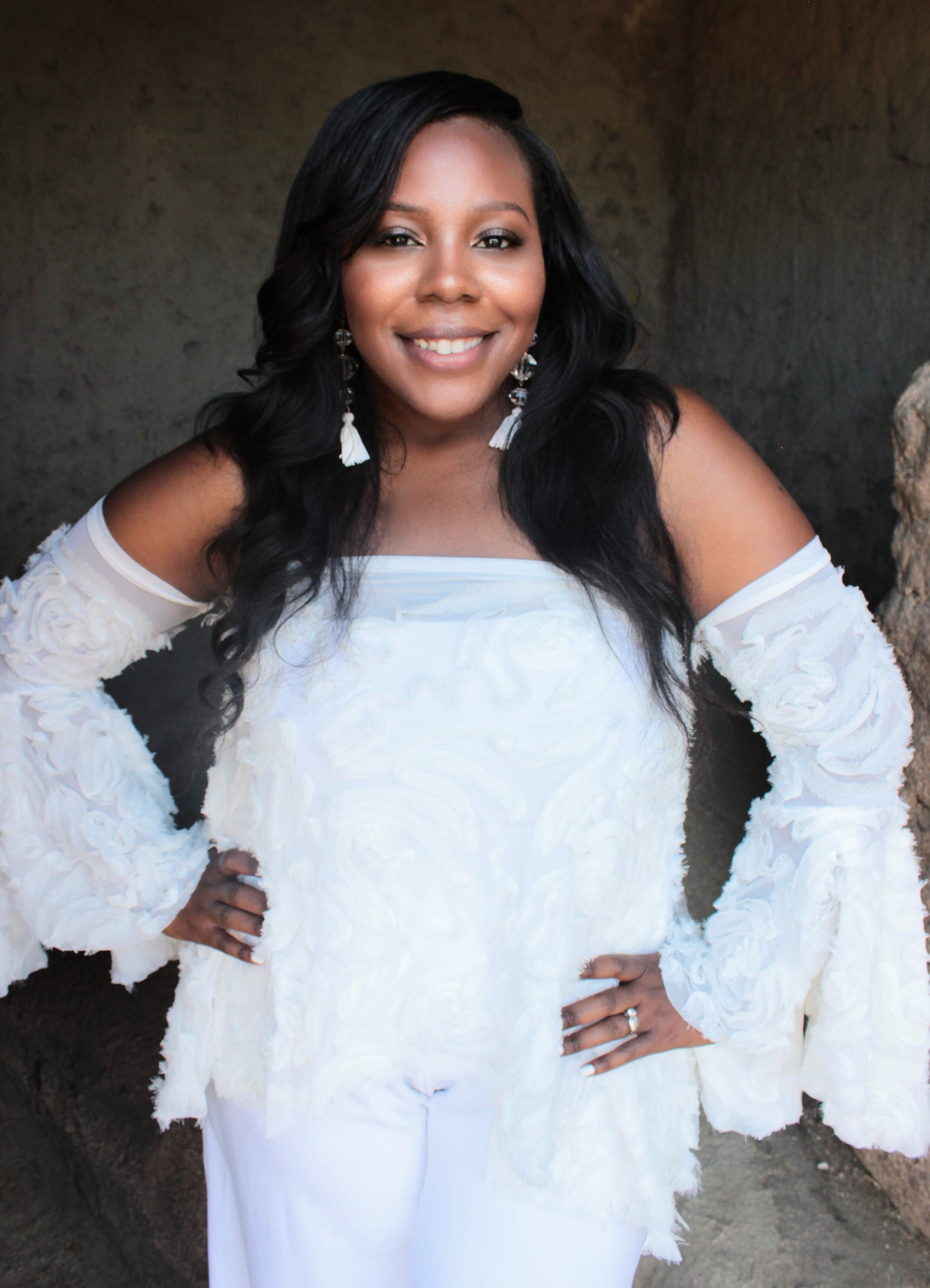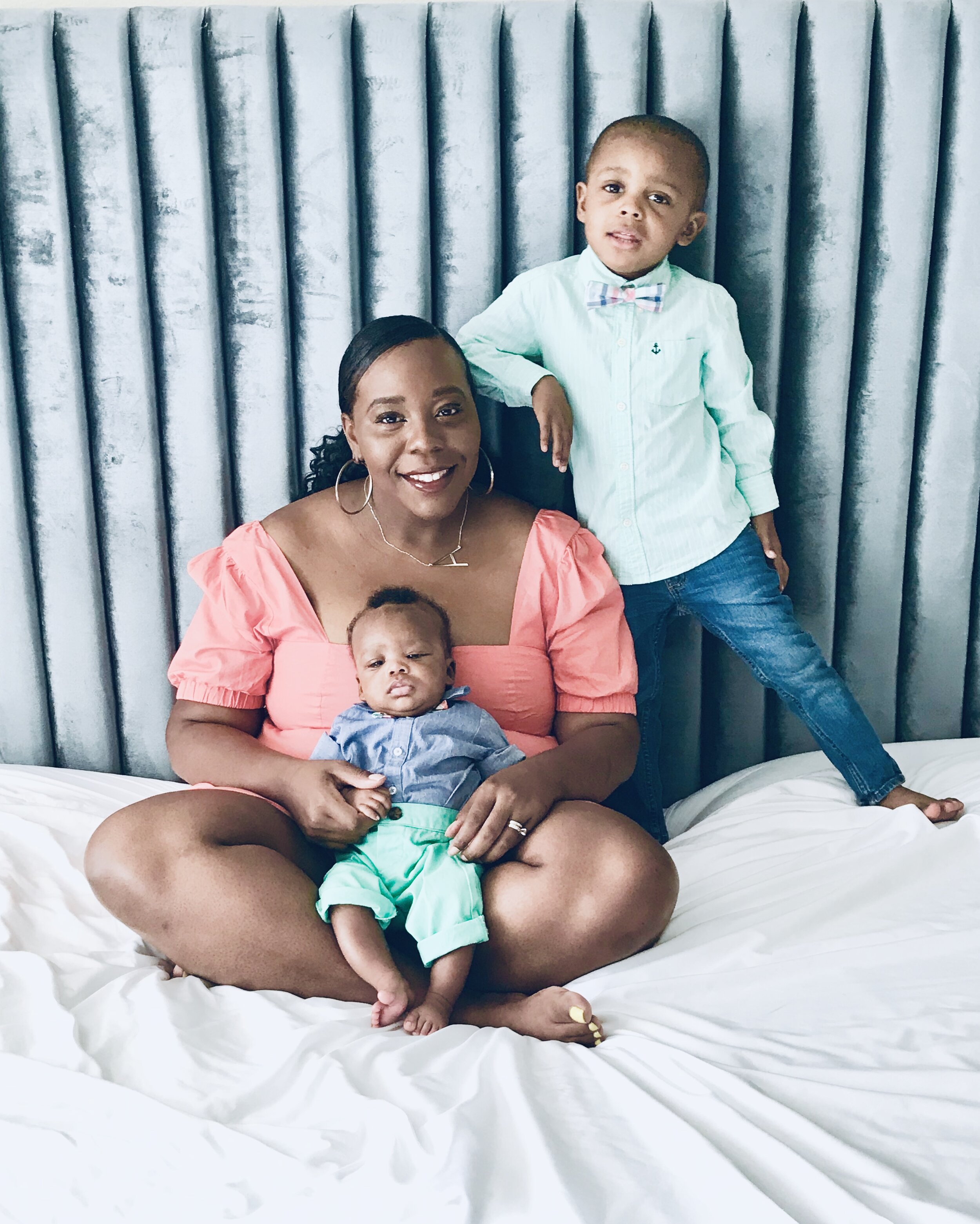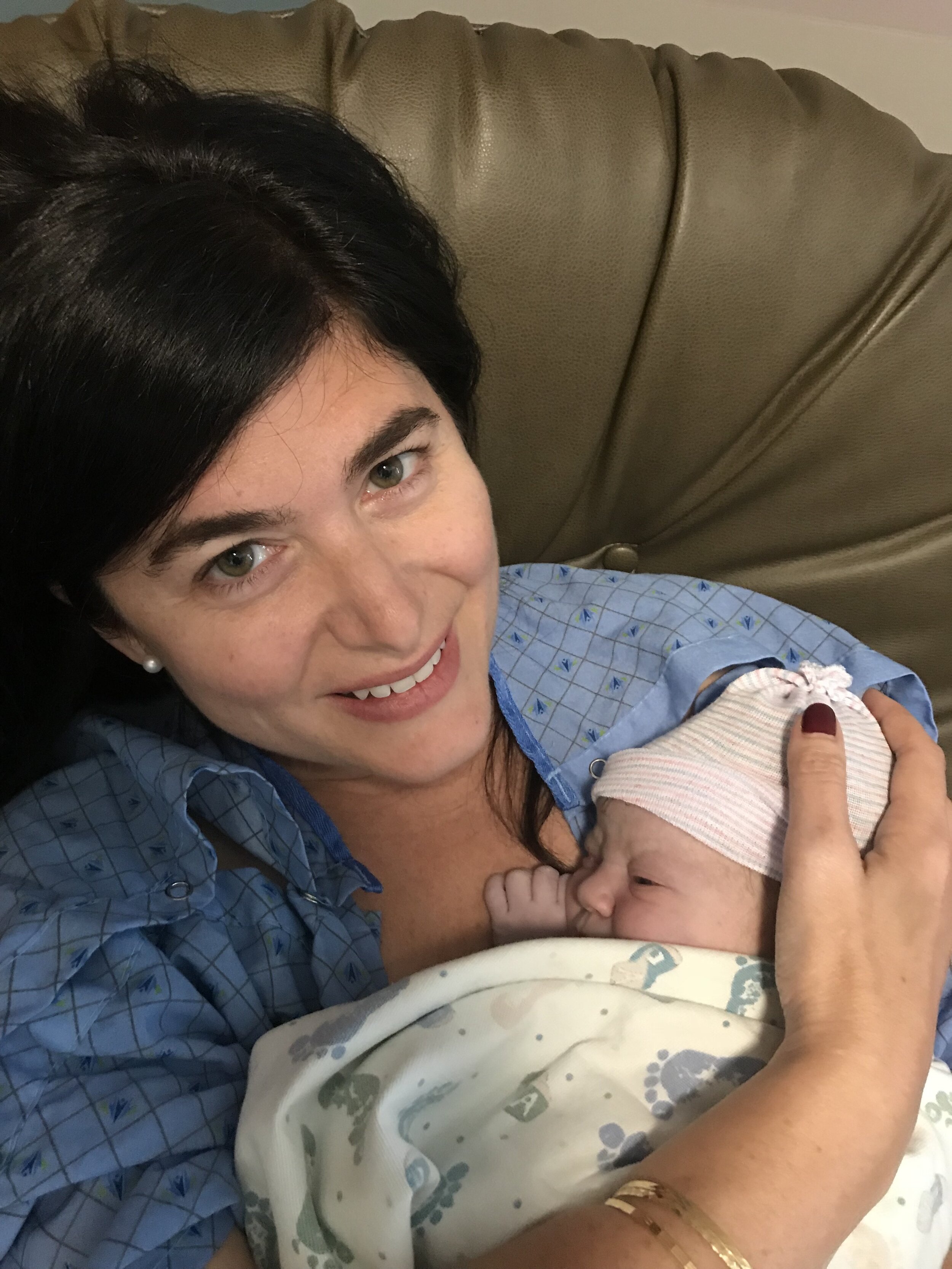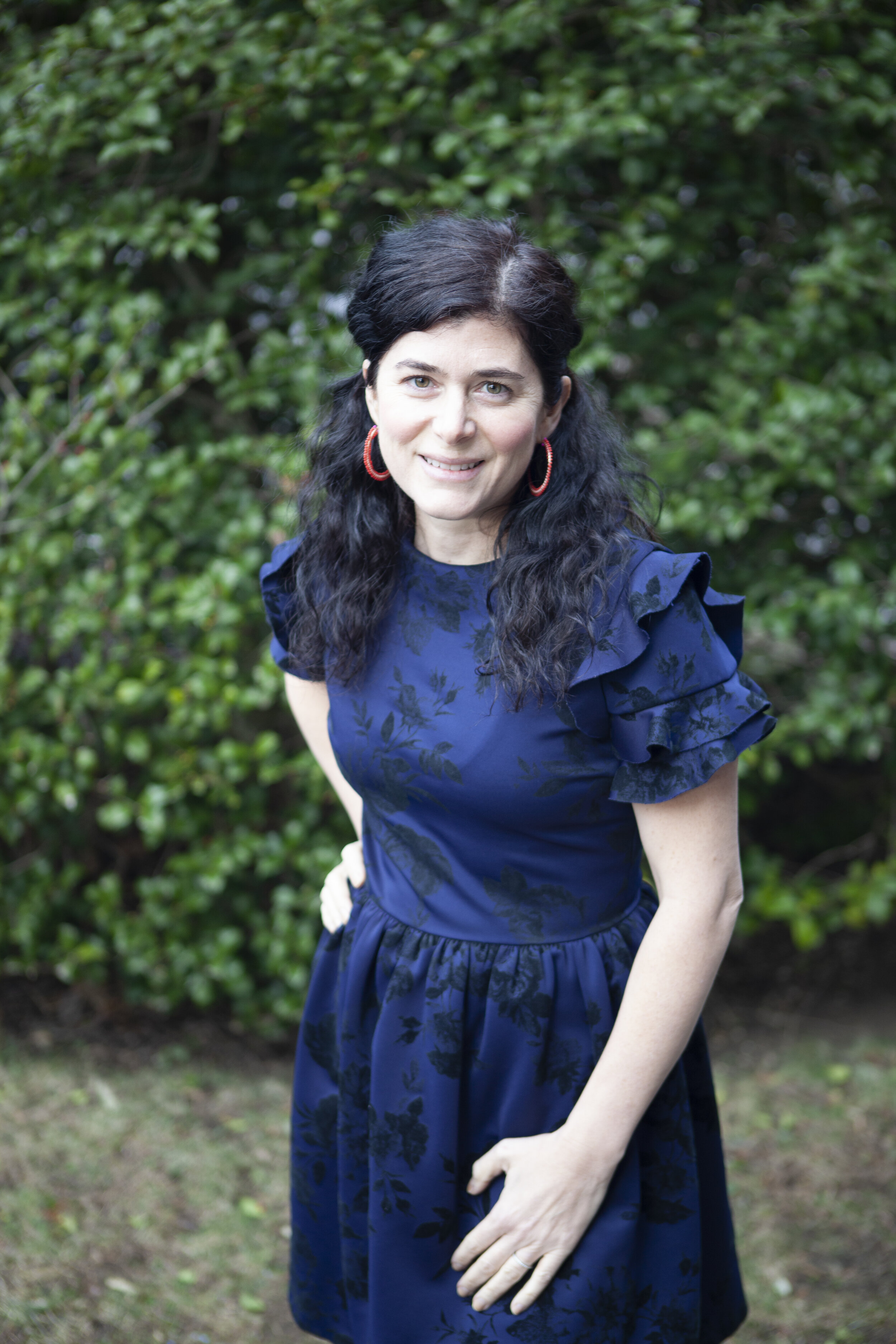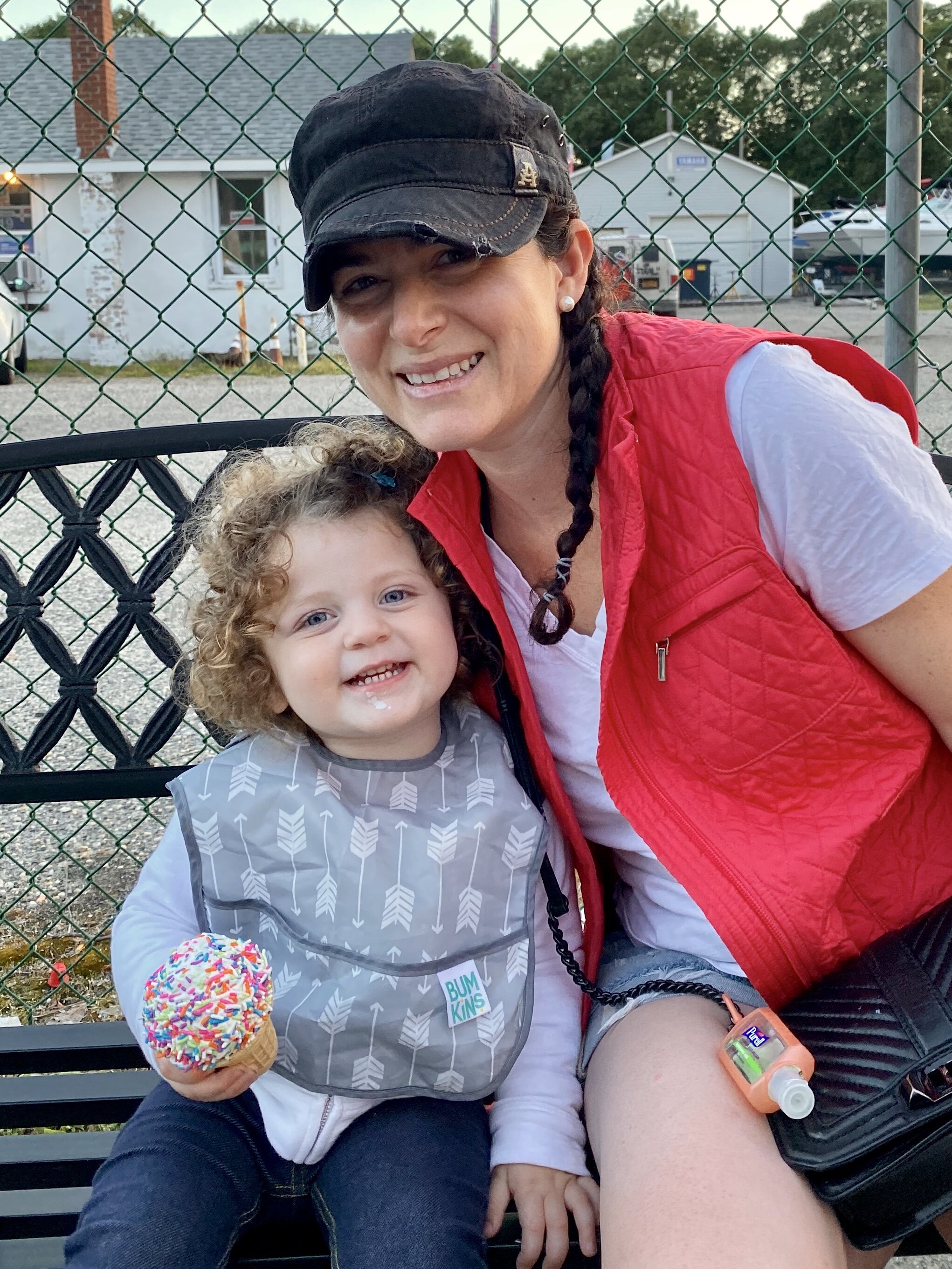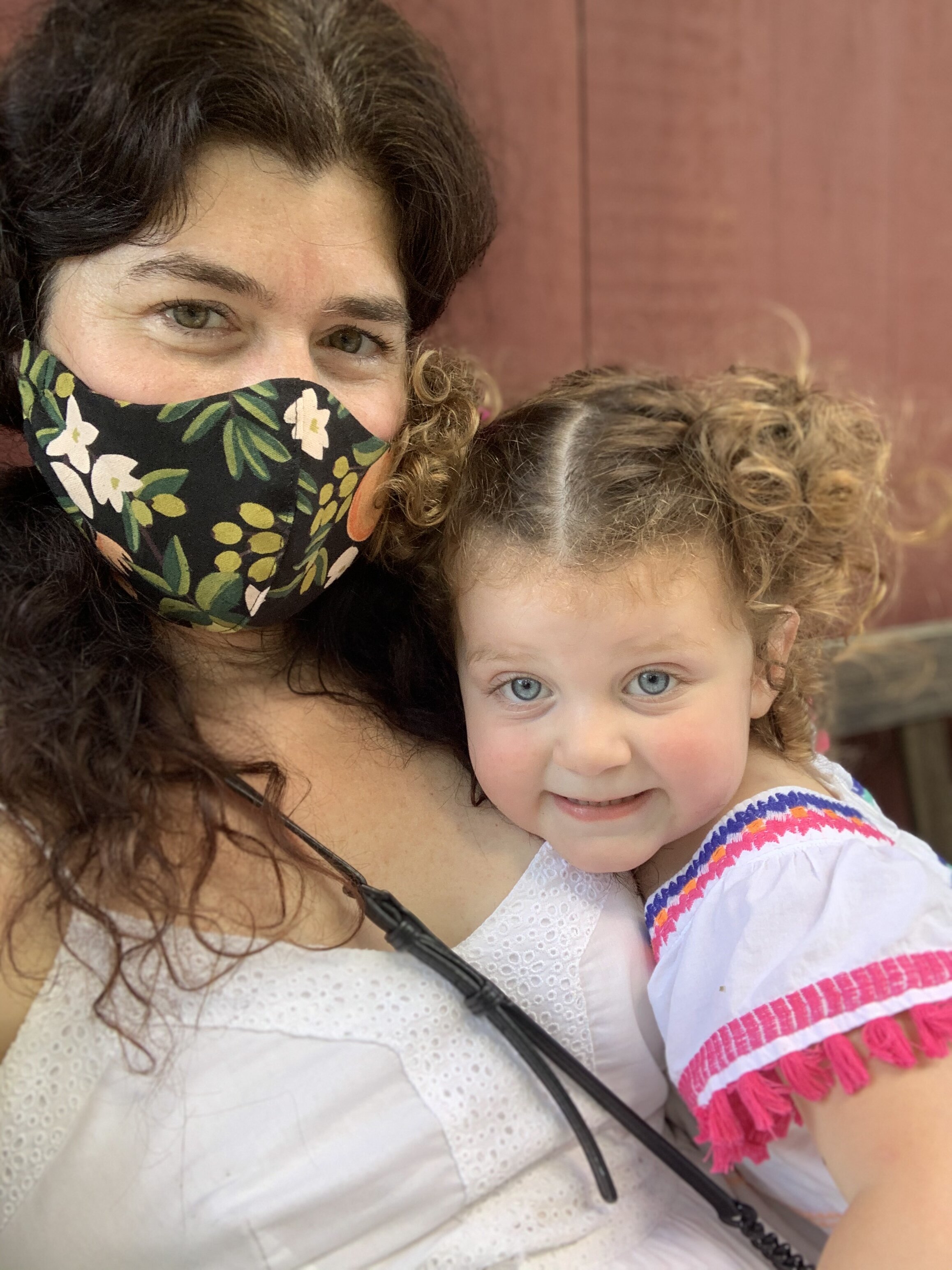Alishia and her husband in the hospital saying hello and goodbye to their angel baby, DJ
I am so grateful to Alishia Anderson, Golden Mama, Babyloss Awareness Advocate and Author of Still Here: A Memoir of Love, Loss & Triumph After Stillbirth for sharing her own experience of losing her son DJ. Through her pain, Alishia has made it her purpose by creating the Still Here movement which educates about babyloss, the associated stigma and supports grieving parents and families.
Read on to learn more about Alishia’s important work and please join us live with Alishia in an important discussion honoring Pregnancy and Infant Awareness Loss Month. We will be talking about Why Honoring Loss is Healthy at our Sunday Sessions event on October 25th and hope that you will join us to lift up others who are grieving. Please RSVP here to the private event.
Was there a specific moment or experience after losing DJ when you realized that you needed to write your book, Still Here?
I began writing in my journal the night that I found out that DJ no longer had a heartbeat. I journaled consistently throughout my grieving and healing journey after loss. I also shared my story via social media platforms. When I kept getting DM’s from others who had also experienced baby loss, it showed me that there was a need for me to write a book about my experience.
So many people are affected by baby loss both directly and indirectly so I wanted to address that in my book. The remarkable thing is that when I was in 3rd grade my teacher told my mom that one day I would be an author. Here I am, 24 years later an author of my first self-published book, Still Here: A Memoir of Love, Loss, and Triumph After Stillbirth.
You’ve made it your mission to destigmatize loss. Was there an experience that made you realize just how taboo the discussion is?
I shared my loss story early on in my grieving journey. It was not that I was so courageous. More so, sharing helped me feel better and made my son DJ feel real. While I was comfortable talking about DJ and even sharing his picture (I’ve gotten more comfortable over time about sharing his photo,) I realized from the responses I’ve received that many other people don’t talk about loss - because of what I coin the 3S’s: silence, secrecy, and shame of baby loss.
When did you know that you needed to answer the call to become a baby loss awareness advocate?
I knew after experiencing loss firsthand and writing my book that I didn’t want any other bereaved parent to feel the isolation of baby loss without having support. I wanted to be a voice for those bereaved parents of babies/children who died and who didn’t feel they had enough strength to share their stories in this season of their grieving journey. I hoped by becoming an advocate and constantly sharing my story, I would offer a blueprint to help parents unlock their courage to share their stories of loss too.
The more we share, the more we normalize the taboo energy surrounding baby loss.
You have been incredibly supportive of families who have experienced loss. Can you share what others should say or do in support of a friend or loved one?
One thing that I have noticed is that people are very uncomfortable with grief. Society has done us a disservice on how to handle grief as a collective. So while getting offensive feedback after loss is jarring to a baby loss survivor, it’s not surprising because we have not been properly trained to handle grief. All of us are usually trying to figure it out as we go.
My advice to others who are trying to support a baby loss parent in bereavement and grief is to allow space for the awkward uncomfortable conversations. More than likely the bereaved parent will want to talk about their baby, but usually don’t because it creates tension for those who have not experienced loss.
Make room for bereaved parents to talk about their babies by saying “I’d love to hear about baby [insert their name] if you feel up to it.”
Let the conversation flow organically. The parent may not want to open up yet, but affirm them that when they are ready to talk that you will be there to listen with no judgement [and truly mean it]. Another thing you can communicate is: “I don’t know what to say or how you feel in this very moment, but even if we have to sit in silence, and just cry, I am here to support you!” Having people support you (even if they don’t have the proper words to say) is so necessary especially during the beginning stages of loss.
What should someone think twice before saying?
There are many phrases that often grind the gears of baby loss parents. Here are a few common ones (that I heard along the journey):
You can always get pregnant again
This implies that having another baby will erase the fact that I lost a baby I never intended on losing. It feels as if you’re dismissing my baby’s existence.
God needed an angel
While we in the baby loss community sometimes refer to our babies that died as angel babies, I must point out, some loss mamas hate this term as they believe it is a word to make the death of a baby more palatable. We don’t want to hear that God made our baby die so the baby could live in heaven. That sounds like we were not sufficient enough to be parents and our space for our baby was not “good enough” for them to stay.
At least it was early on in your pregnancy…etc.
It does not matter how early or late you are in your pregnancy. As soon as you connect with you baby in your womb (i.e. seeing a positive sign on your pregnancy test, after an ultrasound, after hearing the heartbeat etc.) you bond with that child on a deeper level.
It doesn’t matter if you were only pregnant one day, that baby matters and your pregnancy was valid, solidifying your space as a parent!
In your view, why is honoring loss healthy?
I found there is simply no way around grief. You have to deal with it head-on. You may suppress your grief after baby loss, but eventually it will find its way to the surface, and you will have to deal with it one way or another.
I think it is healthy to honor loss because it allows us to 1.) vocalize the raw emotions we feel internally 2.) honor the life of our baby gone too soon and 3.) gives us permission to move forward in healing while defining what life looks like after loss.
How do you honor DJ and what are several tangible ways that you recommend that others can honor their loss(es)?
Two of the biggest ways we honor DJ is by celebrating his birthday every year on January 18. We always buy a cake/cupcake, light a candle, and sing happy birthday to him. The second way we honor DJ annually is on his due date, which is April 7.
Each year we do what I call #DoGood4DJ where we ask all our family and friends who are willing to participate do a random act of kindness for someone in honor of DJ. On that day we’ve paid for people’s lunches, passed out toiletry and snack care packages to the homeless, and even honored a first responder for their commitment to service during Covid-19. All in DJ’s honor.
It doesn’t matter the monetary value, it’s more about the act of kindness. I want DJ’s legacy to be worldwide. The way we will accomplish that is to continue to be of service to others.
Tangible ways other people can honor their loss is:
Speaking your baby’s name every chance you get, to normalize talking about their existence
Have a picture of your baby painted or have your angel baby added to a family portrait
Hold a candlelight vigil in honor of your baby
Write a song or poem
Write a letter to your baby on their Angelversary every year, let them know how much you miss them…or write about the milestones they would be accomplishing at the age you’re celebrating
A balloon or butterfly release
Spread their ashes somewhere special
Decorate their gravesite for different holidays
Your mission through Still Here is to connect and support 1M baby loss families around the globe. How can readers support?
I’ve been gaining steam since creating my social media page dedicated to Baby Loss, Pregnancy and Motherhood After Loss in 2018. I’m not sure the exact number of baby loss families I’ve supported via my content, my book, my one on one conversations, guest podcast spots etc., but I’ve been honored to connect with many families who entrust me to hear about their personal losses. Sharing your baby loss story can be a challenge so I am always humbled when I get a DM from a bereaved parent willing to share their story and their baby with me. I don’t take that privilege lightly.
Ways your readers can support the Still Here mission is by joining my community on IG or FB @AliAndeEnterprise. Liking or re-sharing my content I post. Purchasing my book Still Here: A Memoir of Love, Loss, and Triumph After Stillbirth, and lastly reaching out to me to share their story. I love to connect with other baby loss parents and their extended family and friends. It lets me know the work I’m doing is not in vain.
How can readers play a part in de-stigmatizing loss?
Continue the conversation about loss. If you have not experienced loss firsthand, talk to a baby loss parent willing to share their experience. I think we need to begin to normalize the idea that not all women who get pregnant end up with a living baby. The reality is 1 in 4 PREGNANCIES not 1 in 4 MAMAS (because some mamas have MULTIPLE losses), end in loss. While this may sound morbid this is our reality.
According to statistics, 24,000 babies are born still born in the US every year.
The fact is my son DJ is so much more than just a number. He was my child, whom I loved and longed for, for 7-months, who died in my womb. I miss him daily.
These conversations need to be had so we can begin to destigmatize loss and grieving the death of a baby/child.
Please share a quote or mantra that keeps you going.
Grief is not one size fits all.
You’re allowed to do whatever helps you cope with the death of your baby no matter how unconventional or uncomfortable it may make others feel. I did what felt best for me at the time of my grieving including speaking DJ’s name, sharing my story with whoever would listen, going to therapy, writing in my journal, reading devotionals, praying, listening to uplifting music, self-publishing my book etc.
Do what makes you feel good because at the end of the day, your grief journey is part of parenting your angel baby!
About Alishia Anderson. Alishia has always looked at life with a glass half full perspective. But when she lost her first-born son DJ at 28-weeks’ gestation on 1.18.16, it rocked her to her core. Through her grief journey she has grown spiritually, discovered her purpose, and has become a better wife, [rainbow/golden] mama, pregnancy loss advocate, and mentor to other baby loss families who’ve unfortunately been dealt the same tragic plight of loss. Alishia learned early after her loss that sharing her story helped her heal. Two years into her healing journey she self-published her book Still Here: A Memoir of Love, Loss, and Triumph After Stillbirth to help eradicate what she coins the 3S’s of baby loss: silence, secrecy, and shame. Alishia enjoys writing, singing, traveling, making memories, and spending quality time with her family and friends. She resides in Southern California with her husband Derrek and two earth side sons, #boymom.
Learn more about and support Alishia’s mission on Instagram and Facebook.



